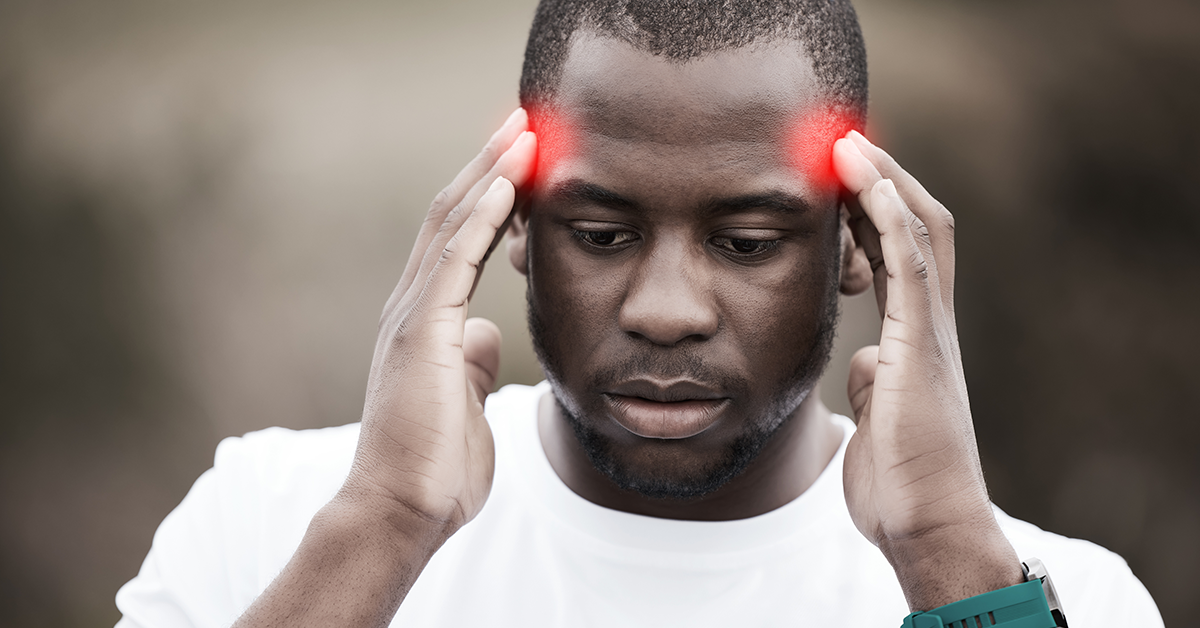A concussion or other such traumatic brain injury (TBI) may cause both acute short-term symptoms as well as chronic long-term complications. If someone sustains multiple brain injuries, they may be at risk of developing Chronic Traumatic Encephalopathy (CTE).
Watch The Video
Per the Mayo Clinic, CTE is rare. That means it’s not particularly well understood. However, researchers continue to learn about this condition. Keep reading to learn more about CTE and how those with this condition may be eligible for compensation.
What Are the Symptoms of CTE?
CTE is a degenerative brain disease. According to the Boston University CTE Center, symptoms of CTE include:
- Memory issues
- Confusion
- Difficulty controlling impulses
- Difficulty exercising sound judgment in a variety of situations
- Aggressive behavior/attitude
- Depression
- Suicidal ideation
- Parkinsonism (such as shaking and speech difficulties)
Eventually, someone with CTE may also exhibit symptoms of dementia. None of these symptoms confirm someone has CTE.
See a doctor if you’ve experienced these symptoms – this will help ensure you receive treatment that may slow the progression of your condition.
Save copies of your medical bills and records as soon as you begin seeking treatment for CTE. If you have CTE, depending on the cause, you may be eligible for financial compensation. Saving your medical bills and documentation of other relevant losses (such as lost wages) can improve your chances of receiving the compensation for which you may be eligible.
How Does CTE Develop?
Per the information available from Boston University’s CTE Center, we don’t yet know for certain what causes CTE. Research indicates multiple blows to the head may trigger the condition. These blows can include ones that cause concussions and corresponding symptoms, as well as blows that don’t cause such injuries or symptoms.
Genetics may also play a role in determining whether someone is at risk of developing CTE. Currently, researchers don’t know how many blows to the head an average person may have to sustain before they begin developing this condition.
Some people may be at a particularly high risk of developing CTE due to the nature of their work or lifestyle.
Who Is at Risk of Developing CTE?
Anyone who sustains multiple blows to the head might potentially be at risk of developing CTE in their lifetime. Again, it remains unclear the extent to which genetics influence one’s risk of developing this condition after sustaining head injuries.
Some people may be at a particularly high risk of developing CTE due to the nature of their work or lifestyle. Examples include:
- Athletes, particularly those who play contact sports
- Military veterans
- Law enforcement officers, in some instances
Age may also influence whether one is at risk of developing CTE. That’s not to say young people can’t develop this condition. According to the Mayo Clinic, CTE has already been diagnosed in people as young as 17 years.
How is CTE Treated?
Because CTE is a condition we’re only starting to understand, there aren’t currently any treatments to reverse the condition itself. However, numerous treatments may be available to address the symptoms of CTE.
The right treatment for someone with CTE will depend on the symptoms they experience. Speak with a doctor for more information about treating and managing your symptoms.
Seeking Compensation for CTE
Compensation may be available to those who struggle with CTE. The surviving family members of those who die as a result of this condition may also be eligible for compensation. For instance, several former NFL players have sued the league to seek compensation for losses resulting from their conditions.
You may be eligible for compensation as well if you’ve developed CTE as a result of playing a sport, serving in the military, or sustaining multiple blows to the head in other circumstances. You could potentially seek compensation by filing a claim with the insurance of the liable party. If an insurance company won’t offer a fair settlement, or the liable party doesn’t have insurance, you may file a lawsuit.
Determining whether you have grounds to take legal action for CTE may prove challenging without proper legal assistance. First, you need to gather sufficient evidence to indicate you likely have CTE. Then, you need to gather evidence identifying a potential liable party.
You don’t have to handle these tasks alone. At Swartz & Swartz, P.C., a Boston personal injury attorney can review your case and explain your legal options in greater detail. Whether you’re seeking compensation because you have CTE or because you’ve lost a loved one to this condition, we can provide the representation you deserve. Learn more by contacting us online or calling us at (617) 742-1900 to schedule your free consultation.
Need Help?
If you or someone you know, needs help from a lawyer, contact the law offices of Swartz & Swartz, use our live chat, or send us a message using the form below and we’ll get in touch to assess your case and how we can help.
Keep Reading
Want more? Here are some other blog posts you might be interested in.





